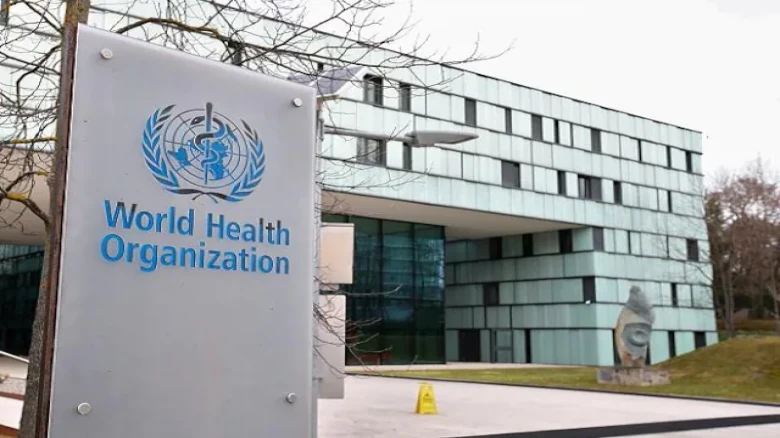International

Minister of State for Health Bharati Pravin Pawar stated that India had raised objections to the WHO's "one size fits all" approach...
Digital Desk: The mathematical modelling method used by the WHO to project excess mortality rates connected to covid-19 contains erroneous assumptions and is unscientific, the government informed Parliament on Tuesday.
In a written response, Minister of State for Health Bharati Pravin Pawar stated that India had raised objections to the WHO's "one size fits all" approach because it cannot be applied to a large and diverse country like India, which has a diverse case trajectory across multiple states and at different times during the pandemic.
She was responding to a query regarding a claim made by the World Health Organization (WHO) that 47 lakh people died of covid-19 in India.
The reply stated citing India's official statistics that as of July 16, 2022, 5,25,660 deaths due to covid-19 had been recorded in the nation.
However, the WHO has projected an estimate of around 47 lakh more deaths in India between January 1, 2020, and December 31, 2021, related directly or indirectly with the covid-19 pandemic, based on a mathematical modelling study. This is primarily an estimate of deaths from all causes, including covid-19 deaths.
"The WHO's mathematical modeling-based strategy has a number of flaws and incorrect presumptions," it added.
"India had stressed against the classification of certain nations in tier-1 although they had demonstrated data discrepancies in reporting and placing India under tier 2 when India had followed a rigorous system of data reporting," Pawar stated in a written reply.
Further, the minister stated that the WHO was also asked to explain the unscientific methodology behind their estimates, which were based on information from just 17 states and UTs extended to the entire nation using data from websites/RTIs taken at various points in time.
"The study did not account for varied covid-19 test positivity rates across states and at different periods of time as well as the implications of utilising different diagnostic procedures (RAT/RT-PCR) in different countries," she said.
According to the WHO, their modelling effort had several limitations, including restricted representation and generalization of variables used to contexts that could be substantially different.
The Central Council of Health and Family Welfare, a representative body of health ministers from all states and union territories of India established under Article 263 of the Indian Constitution, has voted a unanimous resolution opposing the WHO's approach in this regard and has authorized the Union Health Minister to voice their collective regret to the WHO, she added.
"India had lodged a strong complaint to the procedure, methodology, and conclusion of this unscientific modelling approach, particularly since India had provided WHO with genuine data that had been released through the Civil Registration System," she said.
"India's management of COVID-19 is in line with the test-trace-isolate-treat method coupled with COVID-19 immunisation and consistent use of mask, hand hygiene, physical distance, and other preventative measures as advocated by the WHO and other worldwide public health organisations," Pawar stated.
Leave A Comment